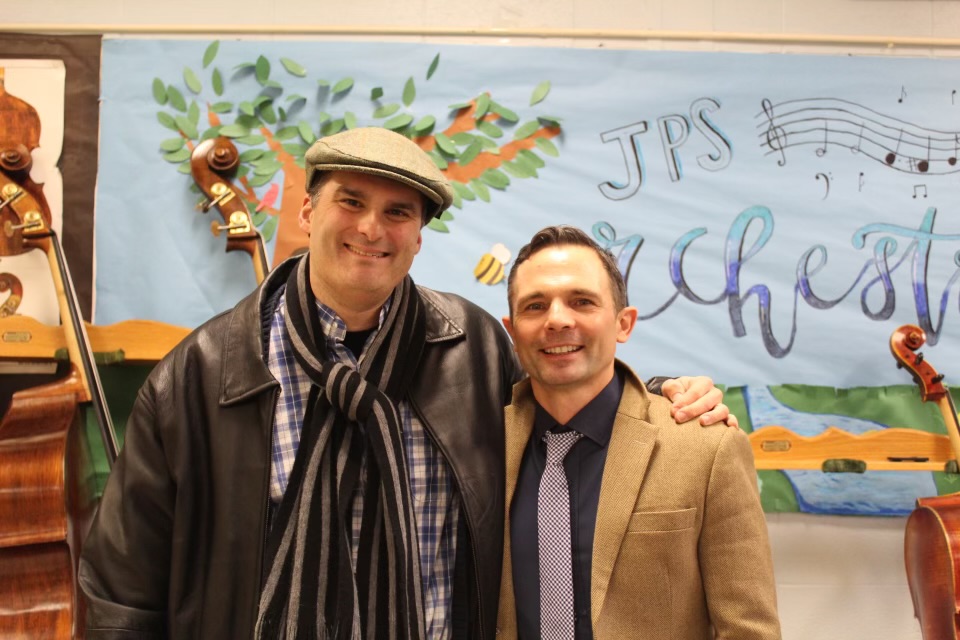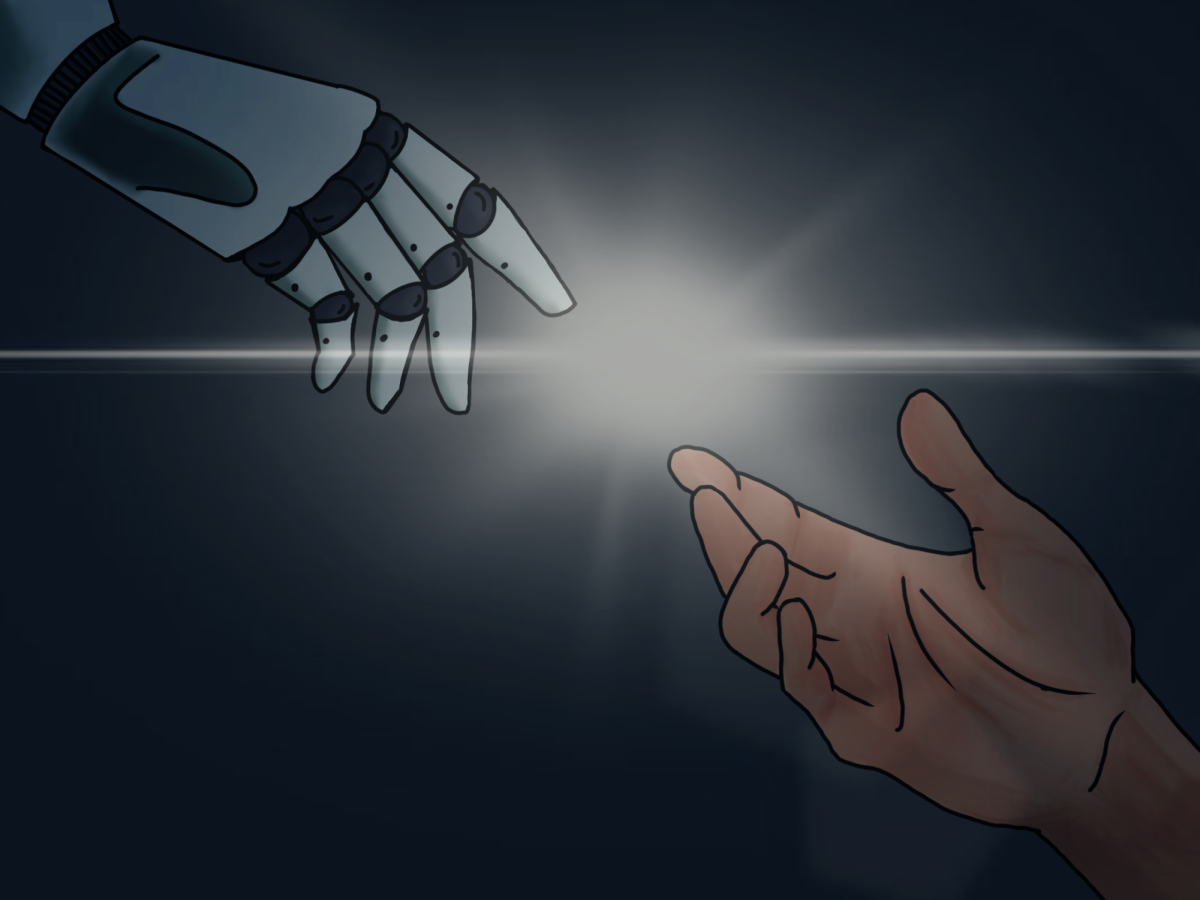What does it mean to be smart?
Perhaps it’s dreaded textbooks and pages of notes that record every single detail your teacher mentions in class. The twilight hours spent pouring over worksheets and studying information, memorizing countless terms and formulas. Papers being given back with gleaming A’s or presentations with every rubric requirement checked off.
But do these boundaries of intelligence only exist within the academic world?
The truth is, while drowning in the constant cycle of work to accomplish the ideal grades, many of us forget a perhaps insignificant part of our lives that contributes significantly to our intelligence factor: music.
It’s no surprise that with the emphasis of assignments and lectures the need for music seems surprising. However, ample evidence supports this idea—even from our musical experts here at JP Stevens.
Dr. Verdi and Mr. Lee are the teachers in charge of the JPS Orchestra department, perhaps one of the best orchestra programs in New Jersey, and they both have a lot to say about music and its overall impact.
With a love for music unwittingly sparked by his grandfather, Dr. Verdi discovered the violin at the young age of thirteen, and henceforth “became more interested in [his] grandfather and Italian heritage…Although [he] never met [his] grandfather, he was very much an influence on [Dr. Verdi’s] life because he always was a mystery.” Dr. Verdi had originally started as a percussionist in the fourth grade, but the sound and peacefulness of the violin were a lot more alluring to him than the lack of melody that came with the drums. Although his experience with his first orchestra teacher was fantastic, it was unfortunately followed by a weak orchestra program; seeing the lack of strings education in his school, Dr. Verdi was determined to show that string programs could be successfully taught in schools.
“That became my life’s mission and a way I could make the world a better place by sharing my love and joy of music with the next generations of musicians and creating future audience members,” said Dr. Verdi. “If you don’t know what you want to do in life, find one problem in the world, and spend the rest of your life solving that one problem. Teaching strings was it for me.” He went on to earn degrees in music education from Montclair State University, NYU, and two additional degrees from Teachers College, Columbia University.
Throughout his years of learning, teaching, and loving music, Dr. Verdi’s vast experience in the realm of music has led to a soundproof explanation behind music’s impact on brains. “Playing music is a whole brain activity that involves decoding symbols (reading music), a physical response to notes (the performance), an emotional response to the music that involves heart rate and a connection to the music utilizing memory and human experiences,” he says. “ I don’t know of any other subject where emotions are shared in time between people.” It seems that the involvement with emotion and the soul makes a lasting impact on the brain, and it also establishes a connection between students and music composers.
Accompanying the experiences and lessons that Dr. Verdi has learned along his lifetime is Mr. Lee, co-teacher of the orchestra program and professional bass player, who has had his fair share of learning experiences when it comes to music himself. Originally starting out with the trumpet, Mr. Lee was involved in the band for most of his life, but with an inspiration from none other than Bach himself to become a music major, he fully made the transition from band to orchestra with the double bass. Since teaching runs in his family, it was an obvious decision for Mr. Lee to spread musical expertise to others. His approach to teaching music was morphed by an influential professor of his at Montclair State University. Now a professor at the Raritan Valley Community College in addition to JP Stevens, Mr. Lee states that teaching music has taught him the importance of the relations and bonds that are made in the music community: “You are connected to a pulse of people, like a community…the music community, in general, is built on the connections that we make with friends and the people around us.”
Music and intelligence go hand in hand with the benefits that it provides to the brain as well as the connection it provides between people. According to Mr. Lee, “Many studies have shown that when you take a brain scan of a musician, the whole brain lights up because you’re using all parts of your brain; you’re counting and also using language…the music community connects the world, we have a unique perspective of life because…we go to multiple things and work with people from everywhere with the particular goal to create music.” The sense of community that music creates and how it links together all kinds of people creates a type of knowledge that no singular subject in school can replicate. The brain’s role in musical production to create such beautiful end products only goes to show how important music is to intelligence and the brain in general.
Overall, the benefits of music go far and beyond, and there are several elements that contribute to its vast benefits. From the connections you create to the things you never stop learning, the effects that music has on the human mind and body are countless. And with a push in the right direction from teachers like Dr. Verdi and Mr. Lee, music can change your whole life.







































